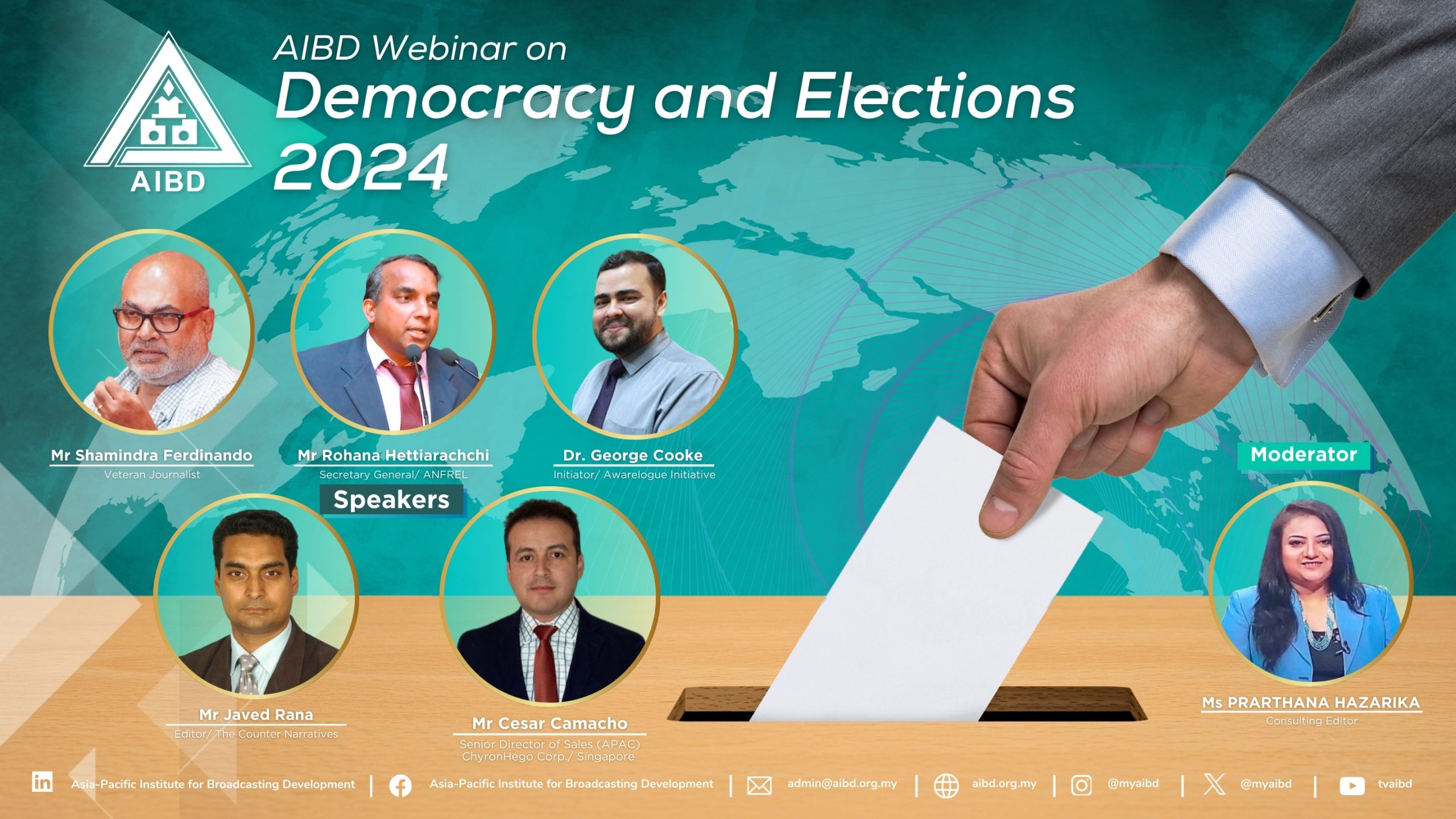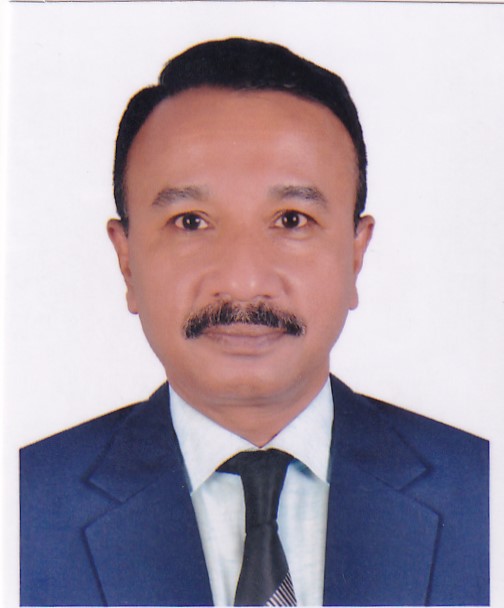PMPC 2011
The Pacific Media Partnership meeting today adopted a key declaration calling on the governments, international organisations and all stakeholders to assist and empower the broadcasters in the Pacific region to help them carry out their mandate of providing information, education and entertainment through their services to audiences. This is deemed as an important step in the development and sustenance of the broadcasting industry in the region.
PRESS RELEASE
Pacific Media Partnership Conference adopts key declaration to promote broadcasting
Nuku’alofa, Tonga, 21 December 2011:
The Pacific Media Partnership meeting today adopted a key declaration calling on the governments, international organisations and all stakeholders to assist and empower the broadcasters in the Pacific region to help them carry out their mandate of providing information, education and entertainment through their services to audiences. This is deemed as an important step in the development and sustenance of the broadcasting industry in the region.
[img_assist|nid=2078|title=|desc=|link=none|align=right|width=300|height=204]The Pacific Media Partnership Conference, held at the Fa’onelua Convention Centre in Nuku’alofa in Tonga, was inaugurated and addressed by the Hon. Prime Minster of the Kingdom of Tonga, Lord Tu’ivakano. The conference was attended by more than 70 senior executives of broadcasting and media organisations in the Pacific Island countries.
The PMP Conference is part of the three-day event themed “Strengthening Voice of the Pacific”, comprising pre-conference workshops on 19-20 December and the full-day conference on 21 December. The event was jointly organised by the Asia-Pacific Broadcasting Union, Asia-Pacific Institute for Broadcasting Development and the Pacific Media Partnership Committee, and hosted by the Tonga Broadcasting Commission.
More specifically, the Pacific Media Partnership asked the Governments in the Pacific countries to consider providing assistance to their broadcasters to help them in capacity building, strengthening of their infrastructure and services.
In an appeal to the international organisations, the PMP Conference urged that they recognise the importance of international cooperation to help the Pacific broadcasters to implement effective restoration and up-gradation of their facilities and capacity building of their human resources.
[img_assist|nid=2079|title=|desc=|link=none|align=left|width=300|height=215]The PMP also enjoined upon the broadcasters in the Pacific region to actively help in expanding public knowledge and understanding about climate change and its solutions, prioritizing the integration of climate change-related messaging and information across radio, television and all new media platforms employing appropriate programme genres.
Recognizing the need to overcome the digital divide, the Partnership urged the concerned governments and international funding agencies to work together in close coordination through a common secretariat.
About the PMP
The Pacific Media Partnership is an alliance of progressive broadcasters in the Pacific Island countries which aims to assist in the development of the broadcasting services in the region and progress the industry towards digitalization and the multi-platform paradigm.
The PMP Conference here in Tonga is another important step that the Pacific Media Partnership has taken in addressing the challenges and opportunities that face the broadcasters, both Public Service and Commercial Service broadcasters. It offers a valuable platform for the industry players to learn and exchange ideas.
The PMP Conference is part of the three-day event with the theme “Strengthening Voice of the Pacific”, which comprised of seven pre-conference workshops on 19-20 December and the full-day conference today.
[img_assist|nid=2081|title=|desc=|link=none|align=middle|width=500|height=318]
[img_assist|nid=2082|title=|desc=|link=none|align=middle|width=466|height=60]
PACIFIC MEDIA PARTNERSHIP CONFERENCE TONGA DECLARATION
21 DECEMBER, 2011, NUKU’ALOFA
STRENGTHENING THE VOICE OF THE PACIFIC
Considering
- that the broadcasters operating in the Pacific island countries have a special responsibility to promote peace and harmony and to provide the audiences of the region with information and knowledge in an effort to enrich people’s lives;
- that broadcast media in the region play a critical role in the fight against illiteracy, poor health, malnutrition, gender inequality, domestic violence and poverty;
- that broadcast media are a significant stakeholder in social development and make a very important contribution by information dissemination, awareness and behavioural change in an effort to build social capital and strong economic systems in our countries;
- that climate change is a threat to human survival and an urgent impediment to the future prospects and wellbeing of all our nations;
- that broadcast media have a critical role in preserving pacific identity and cultural heritage;
- that the Pacific Media Partnership aspires to collaborate with developmental partners on successful projects providing solutions in the areas cited above; and,
- that this is an opportunity for the Partnership to reaffirm its common objectives, goals and vision on the broadcasters’ development effort in the Pacific island countries and to further work together to achieve these objectives.
The Pacific Media Partnership Conference declares
- that the broadcasters in the Pacific region should be empowered to carry out their mandate for providing information, education and entertainment through their services to audiences in the region;
- that the resources of the Pacific broadcasters should be suitably strengthened enabling them to carry out their functions;
- that the Pacific Media Partnership urges the Governments in the Pacific countries to consider providing assistance to their broadcasters to help them in capacity building, strengthening of their infrastructure and services;
- that broadcasters are recognised as the primary providers of information to the public and therefore should be included at the highest levels of communication dissemination in relation to emergency broadcast information;
- that the Partnership deems migration to digital broadcasting as a priority objective that should be met in the near term to take advantage of the associated benefits;
- that international organisations should recognise the importance of international cooperation to help the Pacific broadcasters to implement effective restoration and upgrading of their facilities and capacity building of their human resource, and to assist the development of broadcasting services in the regions where there are none;
- that in overcoming the digital divide, the concerned Governments and international organisations should work in close coordination, through a common secretariat to ensure efficient use of available resources;
- that the broadcasters in the Pacific region should actively help in expanding public knowledge and understanding about health and developmental issues, climate change and its solutions, prioritizing the integration of related messaging and information across relevant platforms employing appropriate programme genres;
- that the Pacific broadcasters should actively play their role in empowering citizens through access to full and factual information in order that they make informed decisions about issues that affect their lives;
- that the Pacific broadcasters develop and promote broadcasting industry standards in journalism, content creation, technology and management practices pertinent to the Pacific countries; and
- that the AIBD, ABU and CBA and their members and other regional media organisations, endeavour to make quantifiable commitments to increase the availability of content, through the exchange of audiovisual material and the broadcast of programme items at local, national and international levels;
- that the Pacific Media Partnership recognises the valuable contributions made by CBA, FES, ITU, PACMAS, UN agencies and other organisations and looks forward to further collaboration with all these partner agencies.




